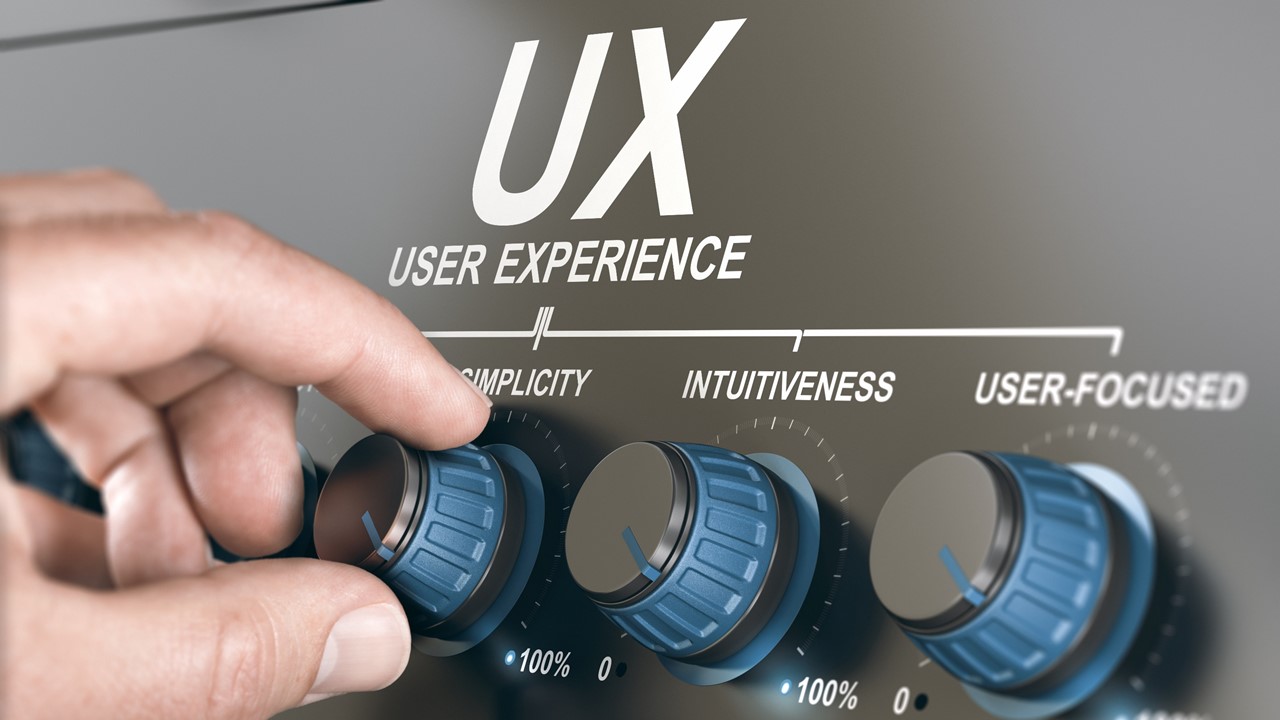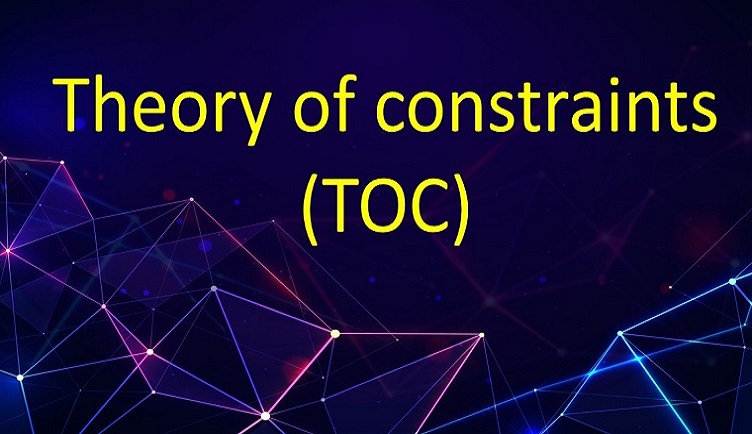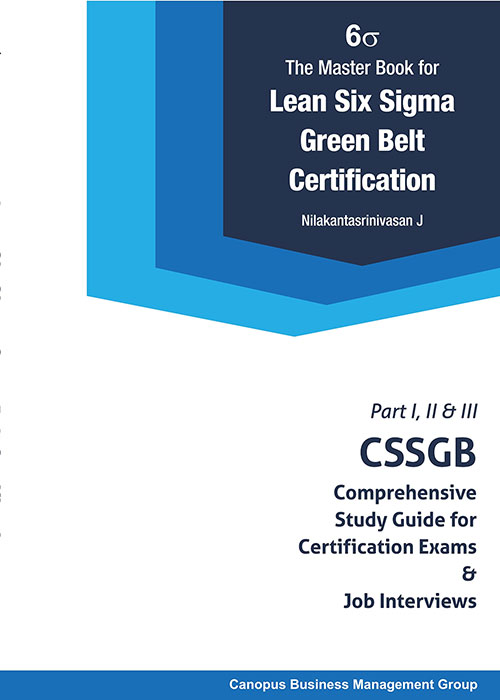Project risk management is a systematic process that helps identify, assess, and mitigate potential risks that could impact the successful completion of a project. Here are some key concepts of project risk management:
- Risk Identification: This involves systematically identifying potential risks that could affect the project’s objectives. Risks can arise from various sources such as technological, environmental, organizational, or external factors.
- Risk Assessment: Once risks are identified, they need to be assessed in terms of their likelihood of occurrence and potential impact on the project. This assessment helps prioritize risks and allocate appropriate resources for their management.
- Risk Analysis: Risk analysis involves a deeper examination of identified risks to understand their root causes, potential consequences, and interdependencies. It helps project managers gain a comprehensive understanding of the risks and their implications.
- Risk Response Planning: In this stage, strategies are developed to address identified risks. The response strategies can be categorized into four main types: avoid, mitigate, transfer, or accept. Each risk should have a specific response plan tailored to its characteristics.

- Risk Monitoring and Control: Risk management is an ongoing process throughout the project lifecycle. It is essential to continuously monitor and control identified risks, track the effectiveness of risk response plans, and identify new risks that may emerge during the project execution.
- Risk Communication: Effective communication is crucial in project risk management. Stakeholders should be informed about the identified risks, their potential impact, and the proposed response plans. Clear and transparent communication helps ensure that all relevant parties are aware of the risks and can contribute to their management.
- Risk Documentation: All risk-related information, including identification, assessment, analysis, response plans, and monitoring activities, should be documented throughout the project. Documentation serves as a reference and facilitates knowledge transfer between project teams.
- Risk Reviews and Lessons Learned: Regular reviews of risk management activities help evaluate the effectiveness of risk mitigation strategies and identify areas for improvement. Incorporating lessons learned from past projects enhances future risk management practices.
- Risk Culture and Ownership: Establishing a risk-aware culture within the project team and organization is important for effective risk management. Individuals and teams should take ownership of risks within their respective areas of responsibility and actively contribute to risk management efforts.
- Contingency Planning: Despite proactive risk management, unexpected events may occur. Contingency planning involves developing alternative courses of action or backup plans to deal with unforeseen risks and minimize their impact on the project’s objectives.
By integrating these key concepts into project risk management practices, organizations can enhance their ability to identify, assess, and respond to risks, thereby increasing the chances of project success.






